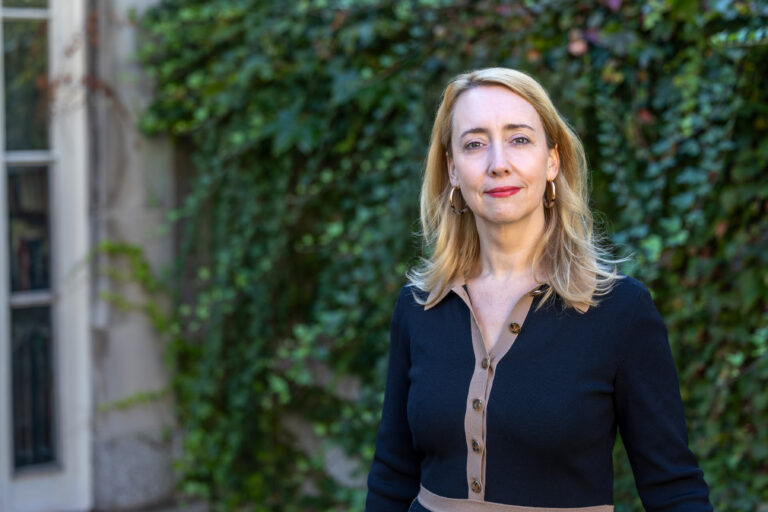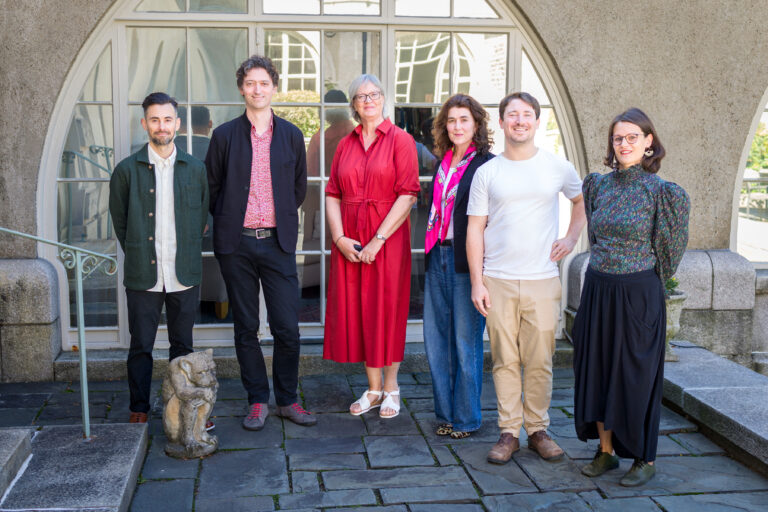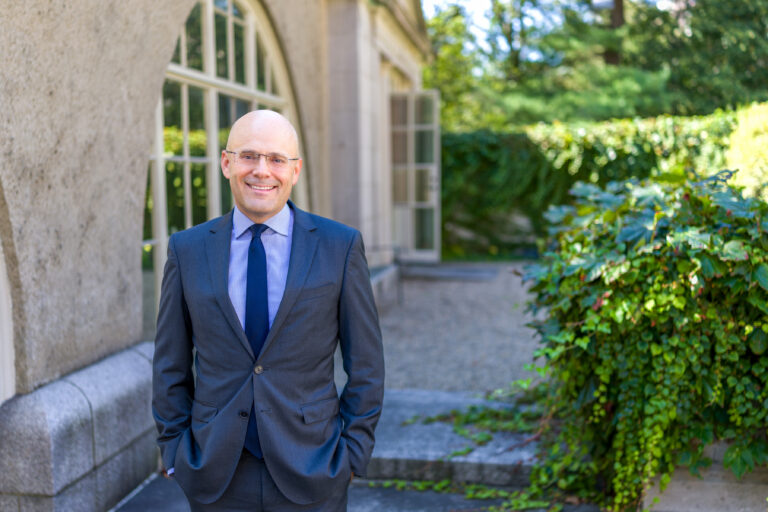CES Introduces Guido Goldman Fellowship

For post-doctoral scholars who are citizens of select European countries, the new Guido Goldman Fellowship offers a one-year residency and the chance to conduct research at Harvard. We encourage interested candidates to review the application criteria.
Acclaimed German Journalist Melanie Amann Joins CES in October

Melanie Amann, who served as deputy editor-in-chief at DER SPIEGEL since 2023, joins CES as John F. Kennedy Memorial Policy Fellow for the month of October. Amann is author of a seminal book of Germany's right-wing party AfD, entitled Angst für Deutschland: Die Wahrheit über die AfD: wo sie herkommt, wer sie führt, wohin sie steuert (Fear for Germany: The truth about the AfD: where it originates, who leads it, where it is headed).
Meet Our Visiting Scholars 2025-2026

CES is delighted to welcome 17 Visiting Scholars from 10 countries to its Visiting Scholars Program. Their research on Europe will bring a wealth of diverse perspectives and expertise to our community.
Enjoying the Implosion of the Tories? That’s Understandable – But Completely Wrong

The Guardian draws on Ziblatt’s Conservative Parties and the Birth of Democracy (2017) to argue that conservative parties must act as stabilizers — not enablers — of the far right if democracy is to endure.

